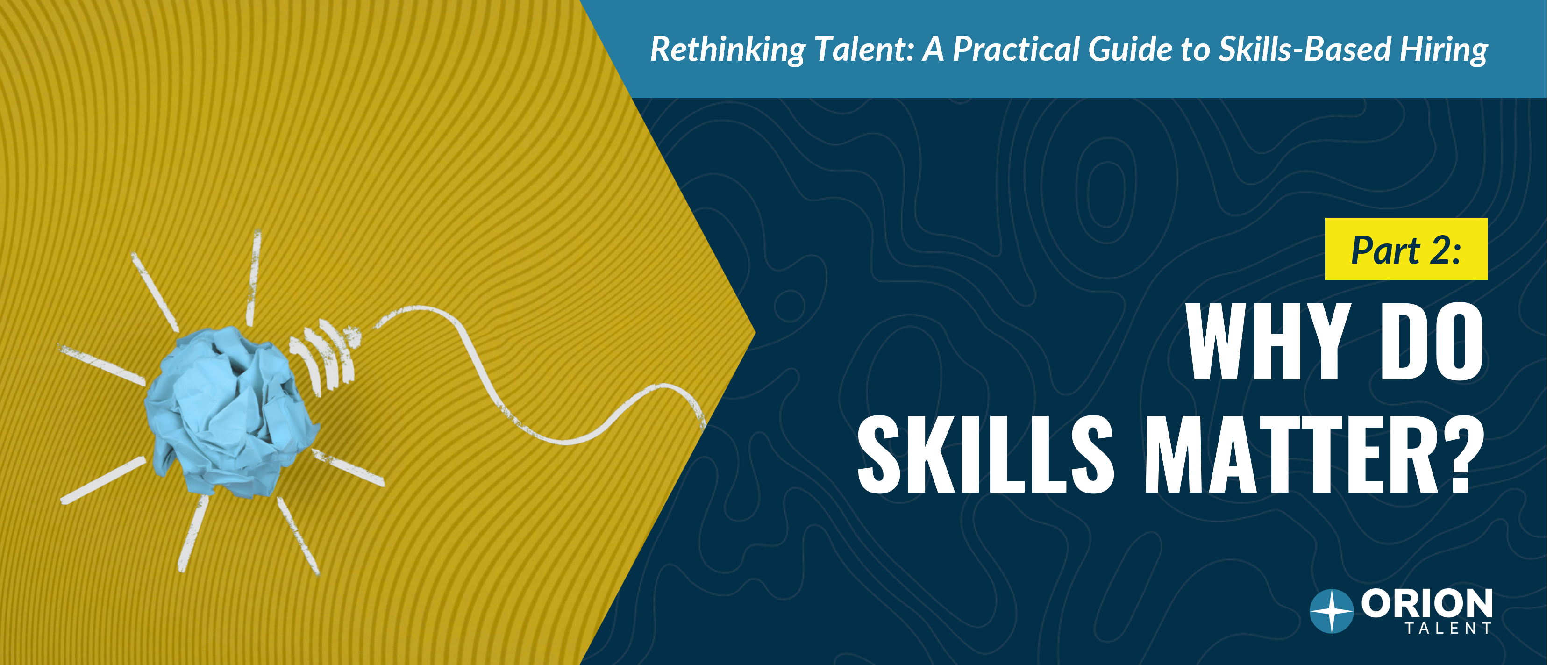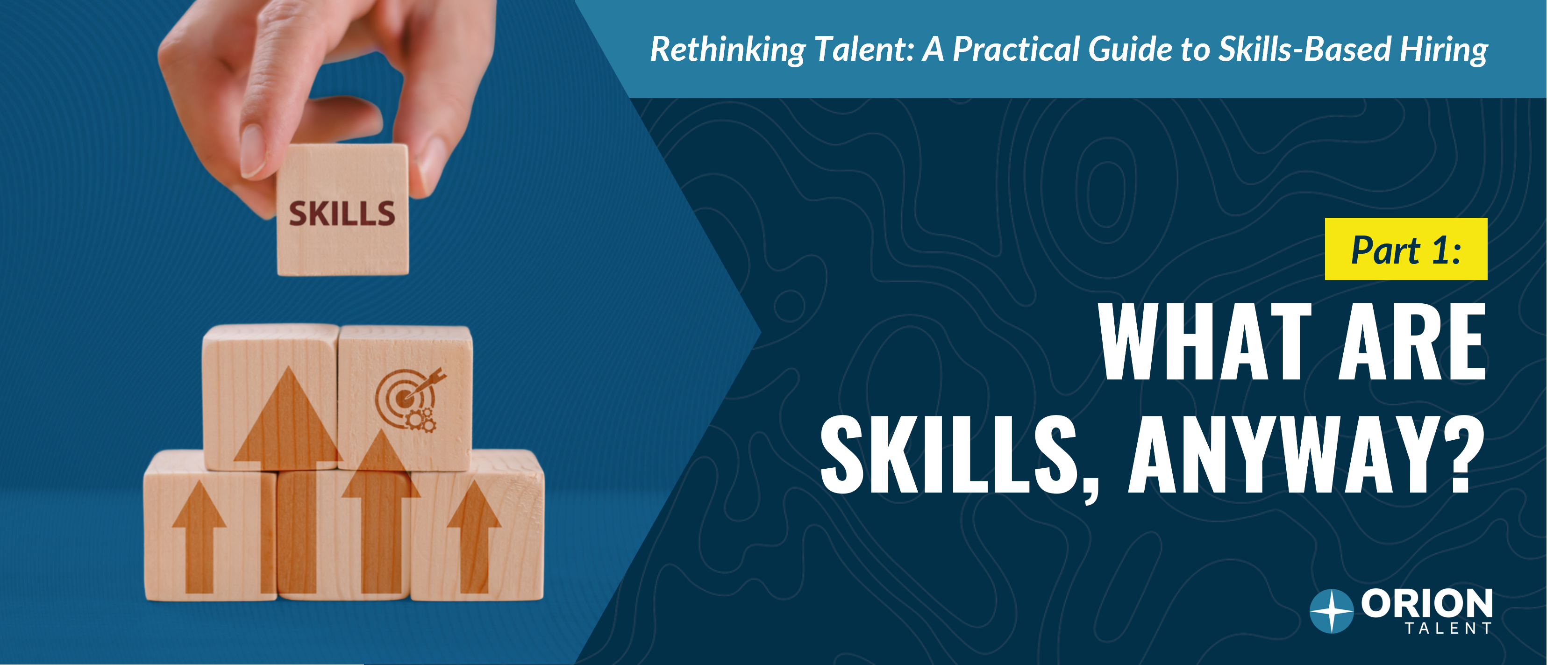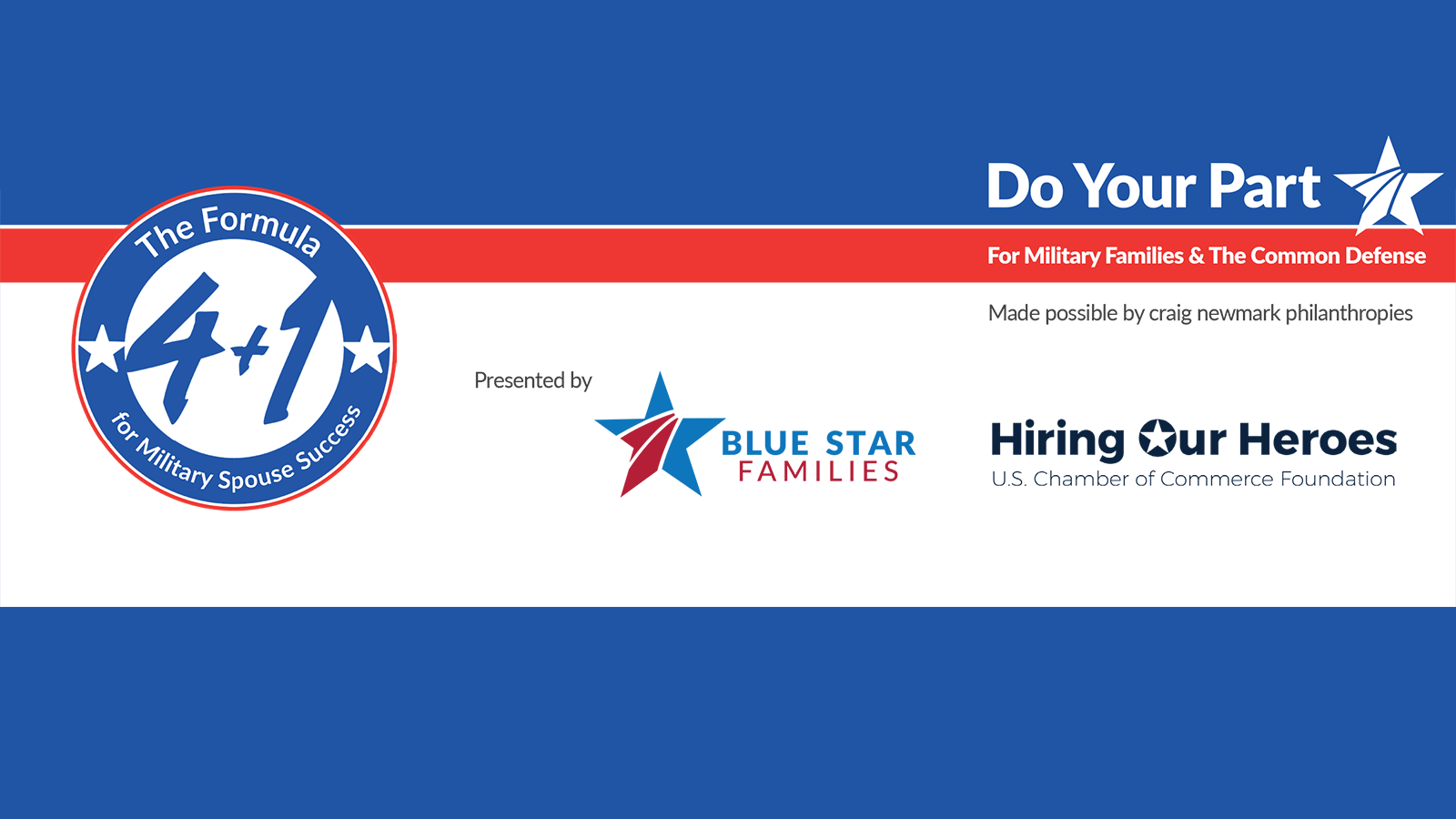The Current State of the Semiconductor Industry
Semiconductors are the brains of modern electronics. America’s semiconductor industry is one of the most advanced manufacturing and R&D sectors in the world; It’s no exaggeration to say that semiconductors are vital to our global competitiveness. This cyclical industry was heavily impacted by the pandemic, causing a chip shortage that was exacerbated by severe weather, the Russian invasion of Ukraine, and other geopolitical events.
President Biden’s CHIPS and Science Act aims to revitalize American manufacturing, strengthen the supply chain, and increase American competitiveness in a global market. Yet, short-term difficulties persist. In 2023, we’ve experienced lower consumer confidence, slowing business, high interest rates, and high inflation, contributing to a decline in earnings and reduced headcount at many chip companies. Gartner predicts a worldwide semiconductor revenue decline in 2023, with a strong rebound in 2024.
However, this industry is not going anywhere. Deloitte predicts that more than one million additional skilled workers will be needed by 2030 to meet industry demand. That equals about 100,000 worldwide hires annually. There’s a true talent crisis on our hands and we need to be ready to tackle it head-on when the economy starts picking up.
Semiconductor Talent Trends
I believe that 2023 is an opportunity for the semiconductor industry to reset and refocus. Deloitte‘s 2023 Semiconductor Industry Outlook points out five areas where the industry should focus (you can read the entire report here):![]()
-
Expand existing facilities and build new fabs to localize manufacturing.
-
Manage diversification risks and challenges.
-
Digitize processes (financial planning, operations, order management, supply chain).
-
Improve and balance semiconductor talent issues (shortages in some roles, layoffs in others).
-
Create plans for achieving environmental, social, and governance goals (sustainability).
As a Director of Talent Acquisition at Orion Talent, talent trends are my bread and butter, so I’ll focus on how to improve and balance semiconductor talent issues.
The types of skills required in this industry are incredibly varied: process engineers, manufacturing engineers, electricians, equipment mechanics, smart factory automation specialists, process technicians, HVAC mechanics, electrical engineers, scientists, operational leaders, etc. The list is endless. Does this talent already exist within your organization? Are you able to develop it internally, or do you need to hire external talent?
It's time to step back for a moment and consider what your talent model looks like and how it addresses both immediate talent needs and long-term growth opportunities. How can you prepare your workforce to meet the semiconductor needs of tomorrow? Will you be able to meet the needs of an industry expected to grow by more than 80% by 2030? In the short term, what’s your plan to prioritize hiring key roles and expanding your workforce while dealing with an economic slowdown, limited budget, and hiring freezes?
Veterans Succeed in the Semiconductor Industry
I was recently honored to have an article published in Semiconductor Digest about how hiring military veterans not only helps close the skilled talent gap in the semiconductor industry, but also offers organizations the chance to support transitioning service members. This is an issue close to my heart. As a veteran myself, I know personally how challenging it can be to leave the familiarity of the military and start over. Connecting veterans with meaningful career opportunities is my favorite part of my job.
One veteran I had the privilege of getting to know for this article is Ryan Zohar, a former U.S. Navy Electronics and Information Systems Technician who is now a Field Service Engineer in Photolithography at Nikon Precision. Ryan exemplifies veteran success in the semiconductor field. “My years of experience aboard a U.S. naval submarine fully prepared me to achieve the level of precision and safety required in the semiconductor industry,” he said, “Strict adherence to safety protocols, hazard awareness, and meticulous attention to detail are the kinds of skills that carried over into my new role."
![]() About 200,000 service members transition to civilian life each year. Not to mention the existing veteran population and those intending to exit military service in the next 5 years - the numbers are huge! While not all of these individuals will have the skills or desire to work in the semiconductor industry, plenty of them will. Upskilling is a great option for any interested service member - they’re excellent learners.
About 200,000 service members transition to civilian life each year. Not to mention the existing veteran population and those intending to exit military service in the next 5 years - the numbers are huge! While not all of these individuals will have the skills or desire to work in the semiconductor industry, plenty of them will. Upskilling is a great option for any interested service member - they’re excellent learners.
“Many veterans get specialized training to sharpen their skills and adopt the disciplines to improve and perfect them,” Ryan said. “Situational awareness, procedural comprehension, pre-task planning, safety meetings, and risk management are an integral part of what we did during out years of service and are already engrained in us.”
Veterans receive world-class technical training in areas such as preventative maintenance, electronics, and mechanical theory. They’ve got experience reading schematics and troubleshooting. They’re detail-oriented, have experience learning complex formal processes, and thrive in high-stress situations. I believe that hiring military talent is key to meeting the skilled talent shortage the semiconductor industry faces today. You can read more about why they’re an excellent match in this blog post.
Connecting with Veteran Talent Requires a Proactive Sourcing Strategy
In my Semiconductor Digest article “My Work in the Semiconductor Industry Is a New Opportunity to Make a Real Difference,” U.S. Military Veteran, I discuss an important disconnect. Military talent often doesn’t hear about important career opportunities until after they leave the military. As a result, employers miss out on this window of opportunity to engage skilled talent entering the marketplace.
One awesome aspect about recruiting military members before they leave the service is that they’re flexible on where they live post-military and are often eager to begin a new career, and the government covers their relocation costs.
I’m a big fan of the Department of Defense SkillBridge program, an internship opportunity connecting civilian employers and transitioning military members at no cost for the final 180 days of service. Not only do service members have the opportunity to learn new skills, but semiconductor manufacturers who host SkillBridge programs have access to military talent before they hit the job market. For companies that don’t yet have a SkillBridge program in place, Orion’s HireSkills Workforce Planning & Development Solution can handle all the coordination, training, and planning for you to create a DOD-approved program and create a strategic pipeline of military talent to fill your semiconductor rolls.
Retaining Military Talent in the Semiconductor Industry
There’s more to a successful military hiring strategy than attending a few military job fairs or stating that you’re a military-friendly employer. The first thing I’d recommend doing is to gain stakeholder buy in for your military talent strategy and cover all the bases: why are you hiring military talent? Why are these candidates an ideal fit and what best practices are in place to onboard them? How will they be integrated into your organization, and how will you retain them?
In my article, Zohar speaks about the struggles veterans may experience during this transition period: “These individuals may feel like fish out of water as they learn to navigate less structured civilian workplaces. In situations like this, employers need to be patient and make sure these veterans have support. Whenever possible, look for opportunities to connect them to employees who can relate to their experiences.”
Keep in mind that while veterans absolutely are well-suited for a variety of skilled roles within the semiconductor industry, this may not be immediately evident based on a resume alone. Please don’t disqualify veterans based on their resumes. Often, military candidate resumes include unfamiliar language and acronyms. At Orion Talent, our recruiters work closely with military candidates to craft targeted resumes employers will understand. But not all candidates have this advantage. I encourage hiring managers and recruiters to spend time talking to veterans and note anything that aligns with the competencies required in your workplace. Current veteran employees will prove to be an invaluable resource when it comes to interpreting resumes, service experience, and skillsets.
Veterans often miss the camaraderie they experienced in the military. Creating veteran ERGs is an excellent investment that allows veterans within your organization to provide support to newly hired vets. They’re an excellent source of connection. Pairing new military hires with a veteran mentor who has been working in the civilian world for a few years is another excellent technique. Both have worked well at Orion Talent.
Upskilling Your Workforce to Meet Semiconductor Industry Needs & Improve Retention
Upskilling (or reskilling) is the facilitation of continuous employee education and learning opportunities through![]() training programs and development opportunities. Not only does this improve an employee’s current skillset, but it also allows workers to advance in their jobs and fill different roles within an organization. This certainly doesn’t apply exclusively to military candidates, though veterans can benefit from upskilling opportunities just like everyone else.
training programs and development opportunities. Not only does this improve an employee’s current skillset, but it also allows workers to advance in their jobs and fill different roles within an organization. This certainly doesn’t apply exclusively to military candidates, though veterans can benefit from upskilling opportunities just like everyone else.
Creating strategic career paths for in-demand positions like Field Service Engineers, Facilities Maintenance Technicians, and Preventative Maintenance Technicians will not only help you meet your organizational needs but will provide motivated talent with a clear path forward.
Don’t overlook female veterans when hiring or offering upskilling opportunities to your workforce. Female veterans are highly trained, serve in technical roles in the military, and often have STEM aspirations. Unfortunately, they’re often overlooked for technical roles and instead funneled into administrative or customer service roles after the military. These female candidates are ideal for filling critical technical roles within your organization.
In Summary
Reshoring U.S. semiconductor manufacturing is a national priority, and developing strategic military hiring plans and partnerships will help your organizatione meet its hiring goals while also building a sustainable and diverse workforce. Hiring military veterans helps close the skilled talent gap while also providing veterans with meaningful careers. I love Ryan’s closing statement: “This is right where I’ve always wanted to be - on the cutting edge of technology and working with smart people on challenging problems. I love my job. I make enough money to give my family the American dream, and I’ve got good benefits. Most of all, my job motivates me because I know I can still make a difference.”
I encourage you to read the entire article in Semiconductor Digest, and let me know what you think. At Orion, we’re passionate about placing military candidates into meaningful careers, and we’ve placed more than 6,300 industry-experienced military candidates into various roles in the semiconductor industry. If you’d like to connect with our highly-skilled candidates or would like to learn how we can help your organization create a military sourcing strategy, please don’t hesitate to reach out.
Guest Author Bio
A former ROTC Cadet, Chris Casanave earned her commission in the U.S. Army as a Signal Corps Communications Officer in 2004. During her time on active duty from 2004-2008, she served in two overseas combat tours, was promoted to the rank of Captain, and received a Bronze Star Medal for her actions while deployed. After transitioning from active duty in 2008, Chris served in the Texas Army National Guard in Auston, Texas, from 2008-2010. While serving in the Army National Guard, she was selected and served as an Officer Candidate School Instructor.
Today, Chris serves as a Director of Talent Acquisition at Orion Talent, where she leads many of Orion’s enterprise-level programs and manages key accounts.
Archives
- January 2026
- December 2025
- November 2025
- October 2025
- September 2025
- August 2025
- July 2025
- June 2025
- May 2025
- April 2025
- March 2025
- February 2025
- October 2024
- May 2024
- March 2024
- February 2024
- January 2024
- December 2023
- November 2023
- October 2023
- September 2023
- August 2023
- July 2023
- June 2023
- May 2023
- April 2023
- March 2023
- February 2023
- January 2023
- December 2022
- November 2022
- October 2022
- September 2022
- August 2022
- July 2022
- June 2022
- May 2022
- April 2022
- March 2022
- February 2022
- January 2022
- December 2021
- November 2021
- October 2021
- September 2021
- August 2021
- July 2021
- June 2021
- May 2021
- April 2021
- March 2021
- February 2021
- January 2021
- December 2020
- November 2020
- October 2020
- September 2020
- August 2020
- July 2020
- June 2020
- May 2020
- April 2020
- March 2020
- February 2020
- January 2020
- December 2019
- November 2019
- October 2019
- September 2019
- August 2019
- July 2019
- June 2019
- May 2019
- April 2019
- March 2019
- February 2019
- January 2019
- December 2018
- November 2018
- October 2018
- September 2018
- August 2018
- July 2018
- June 2018
- May 2018
- April 2018
- March 2018
- February 2018
- January 2018
- December 2017
- November 2017
- October 2017
- September 2017
- August 2017
- July 2017
- June 2017
- May 2017
- March 2017
- February 2017
- January 2017
 RSS Feed
RSS Feed




















